The federal government is giving the Memphis International Airport $15 million in taxpayer money for improvements and for economic development.
This, despite The Tennessee Star’s past reporting showing fewer and fewer people use the Memphis Airport now versus how many people used it slightly more than a decade ago.
According to localmemphis.com, the Feds are handing out $49.3 million to Tennessee’s airports.
“Memphis received the second most out of all the airports in Tennessee. Overall, airports in the state received $49.3 million,” localmemphis.com reported.
“More than $15 million will be used to construct an airport de-icing pad for planes in Memphis. It will also go to the airport master plan and a miscellaneous study.”
According to the website, quoting Federal Aviation Administration members, the money “will help the local economy.”
As The Star reported last year, the Memphis International Airport has had a dramatic decrease in the amount of traffic that goes through there.
In a report that came out last year, the New York Times described the Memphis airport as “a glaring casualty of an airline merger that transformed the American aviation industry but cost the Mid-South’s most important city its status as a hub.”
As the Times went on to say, there once was a time when Northwest Airlines was the dominant carrier. Delta Airlines eventually gobbled it up. Delta then decided it only needed one hub in the South, in Atlanta.
“The decision cost Memphis almost two-thirds of its passengers,” according to the Times.
“From more than 11 million in 2007, the last full year before the merger announcement, the count fell to about four million last year.”
The result — three concourses are left and most of its gates are unused. Airports officials will spend $219 million to close and renovate one concourse and mothball the other two.
According to an airport press release from January, more than 4.4 million passengers came through the airport in 2018.
As The Star reported last August, federal taxpayers shelled out $43.3 million to improve the airport that month, via an FAA grant.
Exactly $28.5 million of that money reimbursed airport officials for reconstructing two taxiways. The remaining $14.7 million, meanwhile, went to rehabilitate the Memphis International Airport’s Concourse B.
Memphis International Airport spokesman Glen Thomas, in an emailed statement, said at the time the airport qualified for the federal funding, even though it seemed like a ghost town.
These funds, Thomas said, involved federal Airport Improvement Program money. Under federal law the aviation system generates that money. That money is then apportioned back to airports based on their activity stats.
“In this case, to Memphis based on the amount of cargo enplaned here (we are the world’s 2nd busiest cargo airport) and the number of passengers enplaned,” Thomas said in his statement to The Tennessee Star at the time.
The Fed-Ex global hub is at the Memphis Airport.
– – –
Chris Butler is an investigative journalist at The Tennessee Star. Follow Chris on Facebook. Email tips to [email protected].
Photo “Memphis International Airport” by Memphis International Airport.

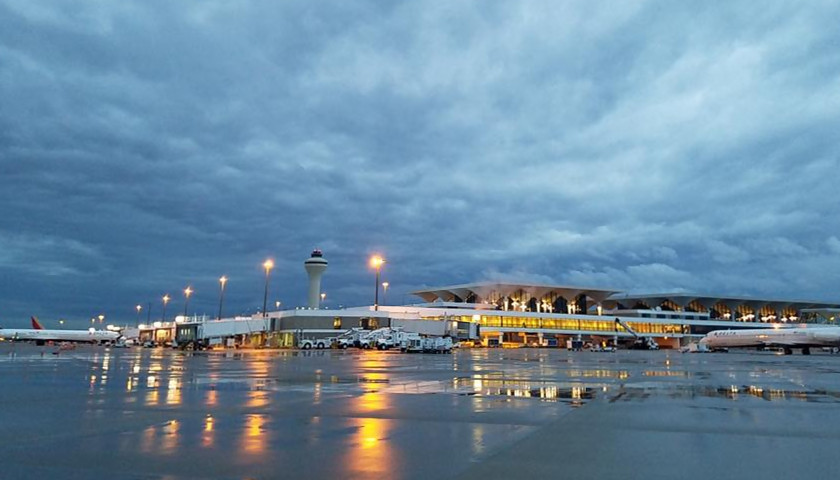



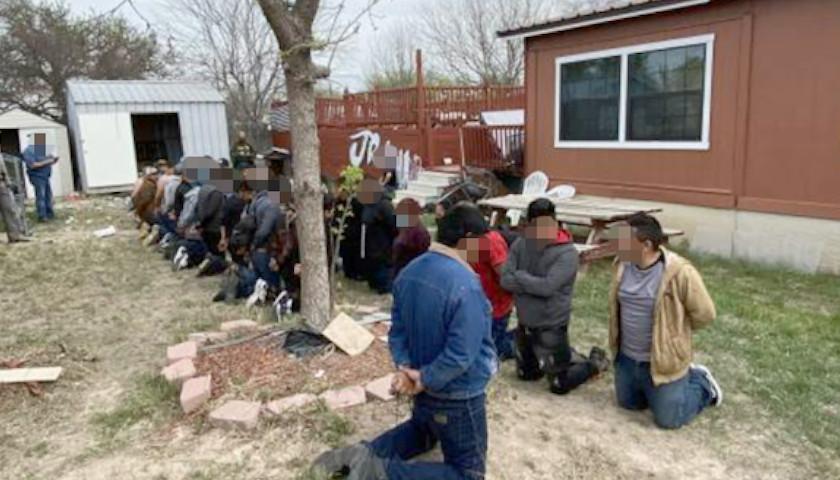
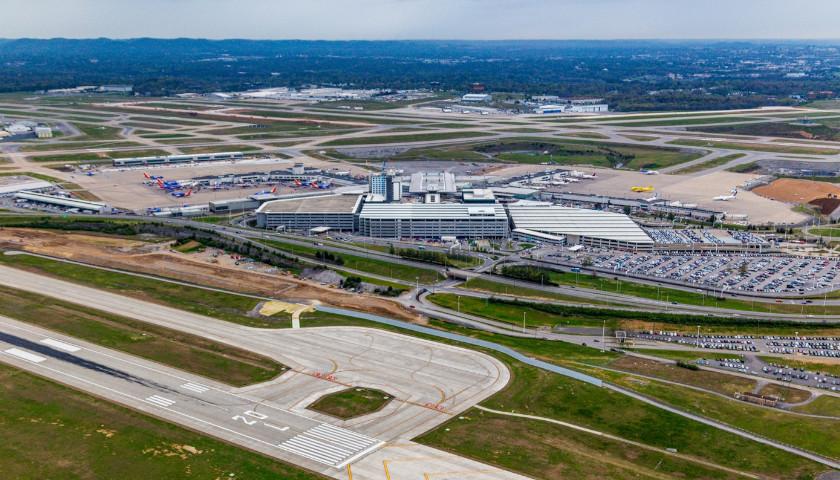
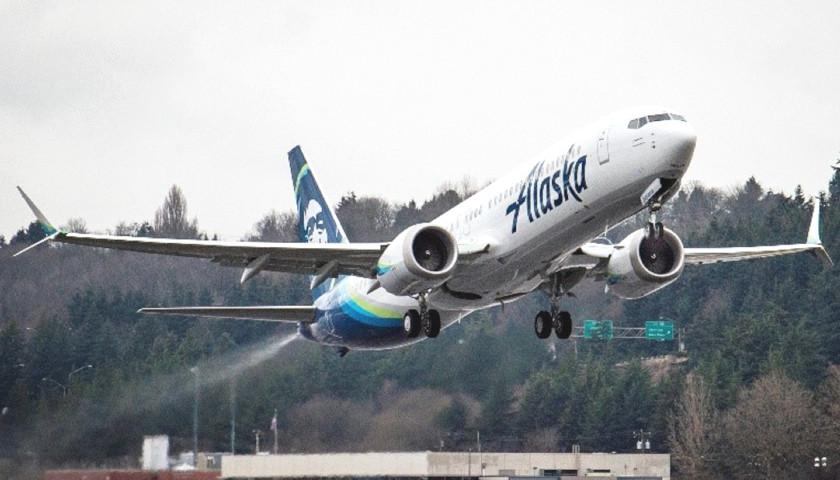
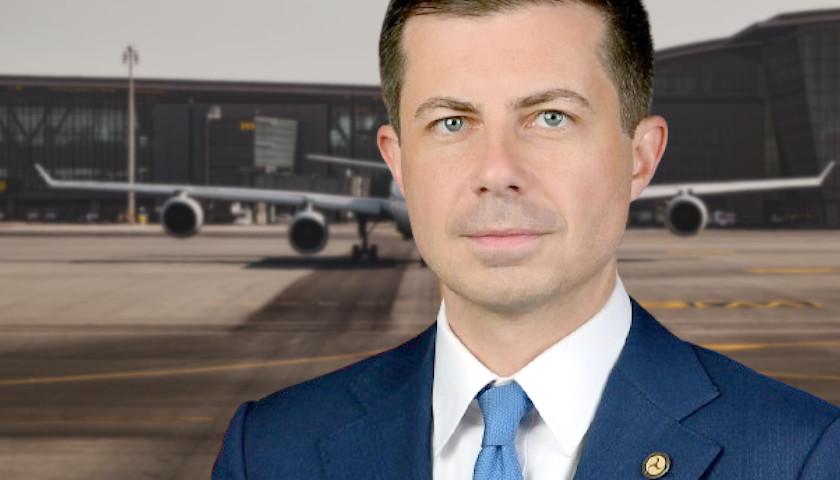
The FedEx operation in Memphis is very, very, important to the Memphis economy. In Memphis, one out of every 5 jobs is related to the airport. FedEx can fly direct from Memphis to China, the source of much inbound freight. The $15 MM+ to be spent on de-icing is just as important for freighters as for passenger planes. The casual observer doesn’t notice the immense amount of FedEx traffic because the FedEx Hub’s sorting operations take place largely at night. Sure, there are some FedEx operations during the daytime, but across America the collections take place at or near the end of the business day, the freight is processed at the local stations and put on planes to Memphis, Indianapolis, Newark, etc. where the freight is sorted again and then put on the outbound planes for their destinations. Most of this is night operations and they take place even during bad weather, such as freezing conditions, sleet, or whatever.